“You learn more from your mistakes than successes,” says new Imperial Chair
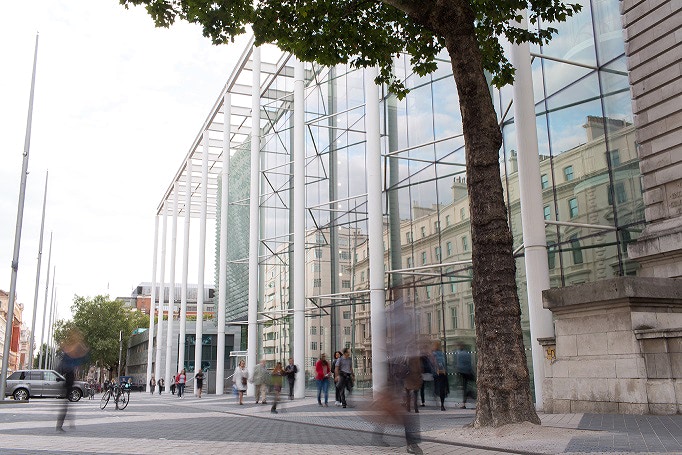
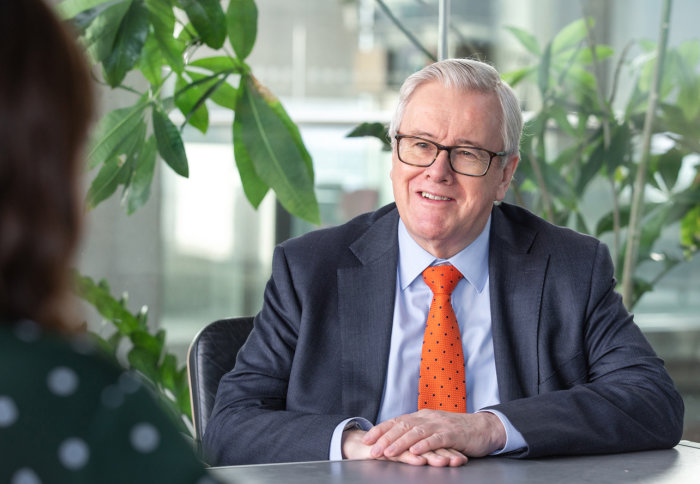
John Allan CBE, Imperial’s new Chair of Council
John Allan CBE, the incoming Chair of Imperial’s Council, said we should be more tolerant of people trying and failing.
You’re not around as long as I am without making some mistakes, which is good because it cures you of any risk of coming to the conclusion that you’re infallible. John AllanChair-elect
John will take up his Imperial post in January 2020, succeeding Sir Philip Dilley, who has been Chair of Council since 2015.
One of the UK’s most prominent business leaders, John is President of the Confederation of British Industry (CBI) – an organisation representing more than 190,000 businesses – and chair of Tesco and Barratt Developments.
The Chair-elect met students to hear their thoughts about life at Imperial, their ideas for how the College could improve, and their own ambitions.
“In this country we’re sometimes a bit harsh on people who fail, and less prepared to give people a second chance. I think we need to be more tolerant, because often the first time round you try, and fail, and then the second time round you can be very successful,” he said.
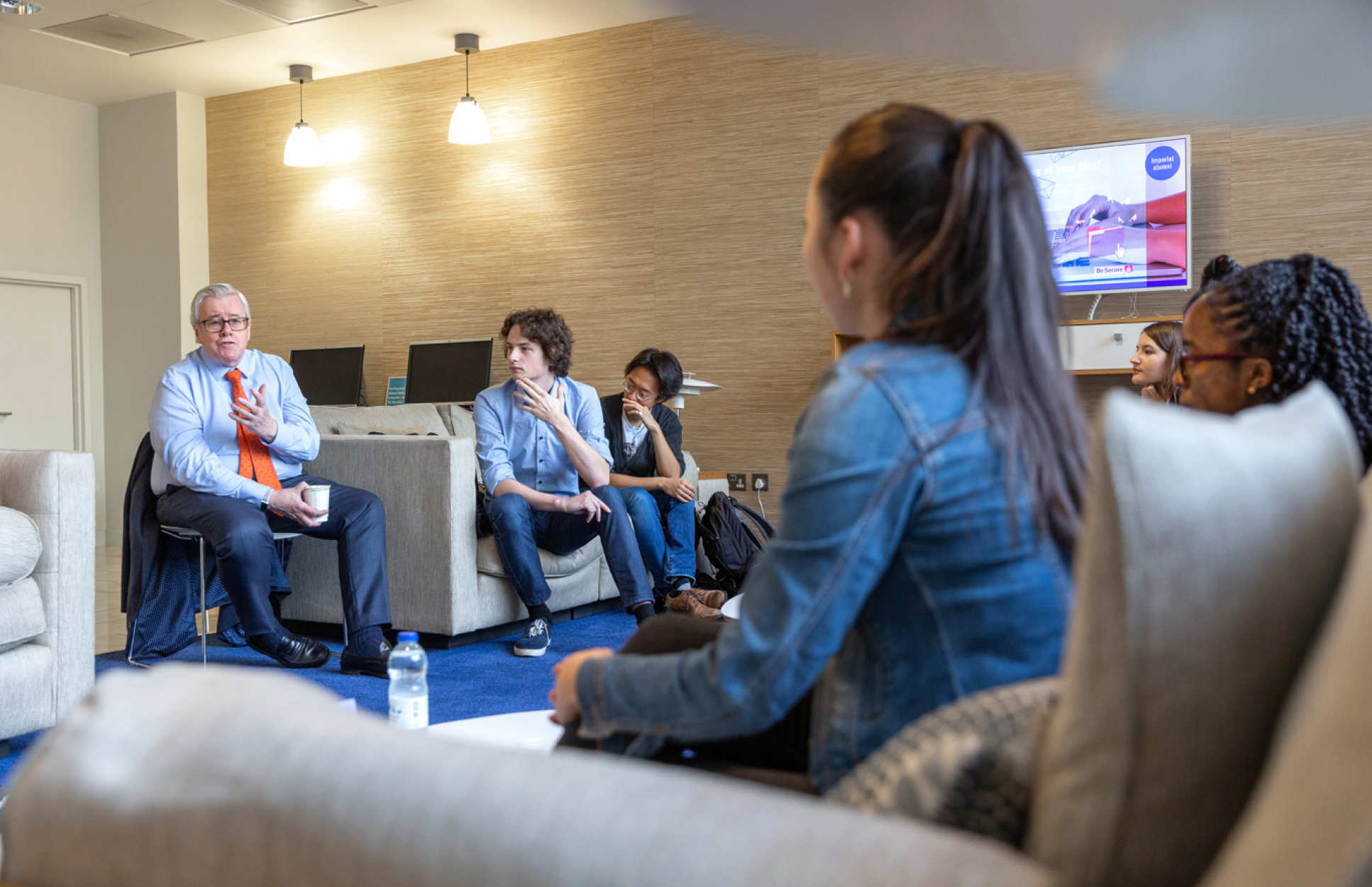
John Allan met with students during a recent visit to Imperial
University days
The first of his family to go to university having attended state school in Fife, John completed a degree in mathematical sciences from the University of Edinburgh, an experience he says shaped him.
“One of the great advantages of studying a STEM subject is that it equipped me to understand and draw conclusions from data,” John said. “I have not necessarily made great use of the more advanced or esoteric things I learnt in my degree, but I’m not fazed by great tables of numbers, I’m good at spotting when things don’t add up, and I understand the limitations of statistics.”
As the first Sabbatical President of the student representative council, “I sat on probably around 30 university committees, which helped me develop some important life skills, like how to absorb papers for the next meeting while walking from the previous meeting!”
Multinational career
John’s early career spanned roles with Lever Brothers, Bristol-Myers Company and Fine Fare, before joining British Electric Traction (BET).
His first CEO role was with Ocean Group, a shipping company which had been underperforming for a number of years. Under his leadership, the business was transformed – eventually merging with National Freight Corporation (NFC) to form global logistics company Excel, and quickly becoming a market leader. John cites this as one of his proudest achievements: “My opposite number at NFC (Gerry Murphy – now chairman of Burberry) and I had this vision that if we put our two businesses together, we could create real opportunity.
“Everybody said at the time that there are no ‘mergers’, only takeovers, and that they don’t work. I’m very pleased that we managed to prove them wrong – this was a genuine 50/50 merger, we kept nearly all of the talent of both companies and it was very successful. So being at the centre of that – and I give at least as much of the credit to Gerry – is something I feel pretty good about.”
Boardroom roles at Worldpay, Dixons Carphone, Deutsche Post, Royal Mail, the National Grid, Samsonite, PHS Group and Hamleys followed. But John says he has learnt just as much, if not more, from his failures as his successes.
“I’m conscious that in my long career, I’ve got a track record of getting things wrong as well as of getting them right. You’re not around as long as I am without making some mistakes, which is good because it cures you of any risk of coming to the conclusion that you’re infallible. I think you learn more from your mistakes than your successes actually.”
Economic driver
John considers universities to be essential to the UK economy: “Higher education is incredibly important to the UK, not only because universities are advancing the frontiers of knowledge, but because they make a huge contribution to the UK economy.
There are major issues in the world that need to be addressed, and leading universities can make a big difference to many of those issues.John Allan
“Higher education ought to be at the centre of our future industrial strategy. Commercialising research and turning it into startups and spin-out companies is something that the UK is already quite good at, and needs to get even better at in the future.”
John added: “We are very fortunate that we have a number of world class universities in the UK, of which Imperial clearly is a leading member, and we ought to work very hard to keep it that way. They help us to attract foreign students who make a huge contribution to our economy while they’re here. I’m delighted with the recent decision by the government to allow foreign students to work for two years after they’ve finished their degrees.
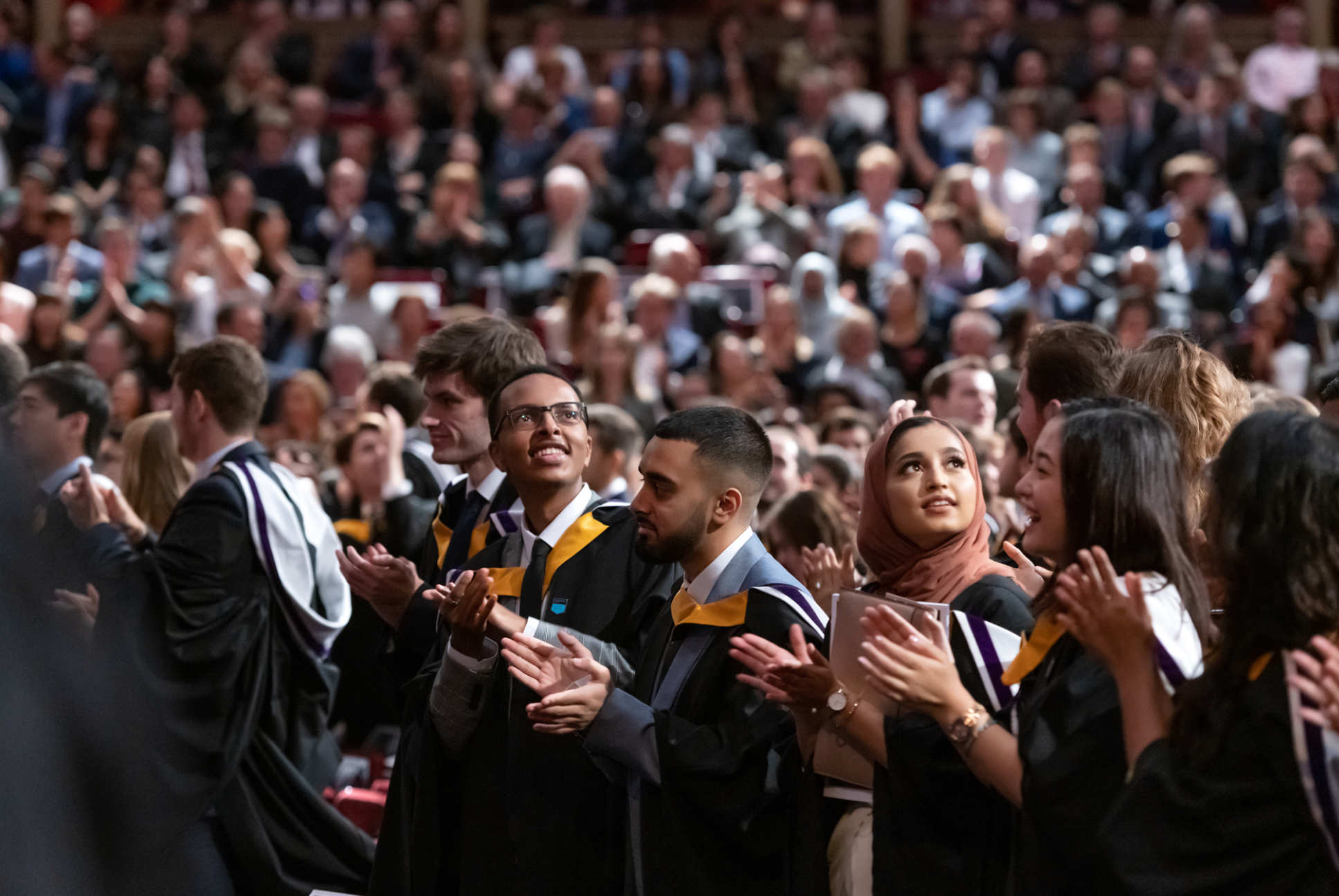
“Having lots of talented foreign students and academics coming here also helps the UK’s standing in the world, which has been a bit under of threat of late because of all of the to-ing and fro-ing about Brexit, which hasn’t exactly done a lot for our international reputation”
“It’s vitally important that, as as a country, we don’t turn in on ourselves and become very insular and narrow. There are major issues in the world that need to be addressed, and leading universities can make a big difference to many of those issues.”
Imperial’s focus on entrepreneurship, for both students and academics, is one of Imperial’s key strengths: “It is hugely important to the future of this county, and it’s great that Imperial are giving people the facilities to do this.”
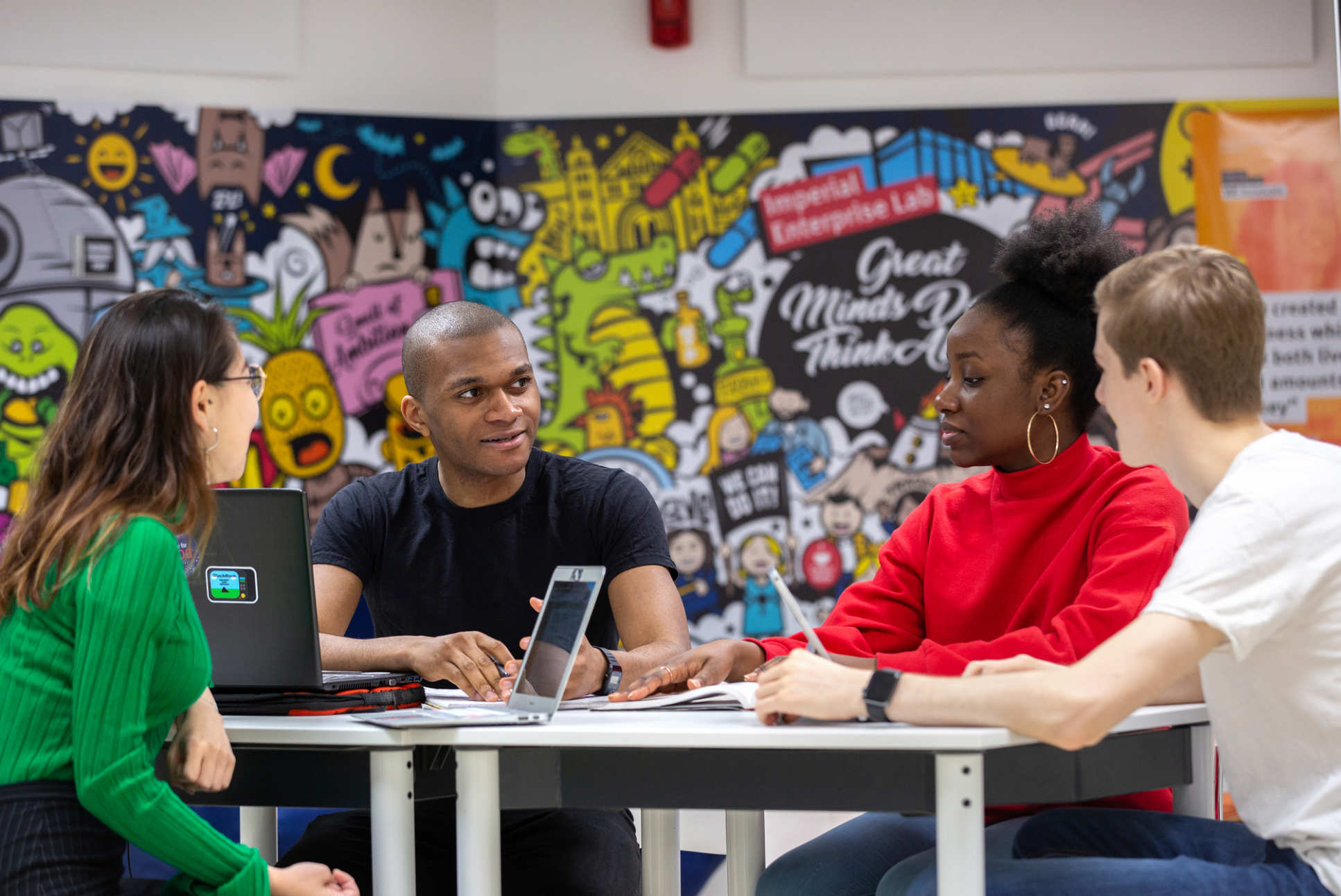
Imperial Enterprise Lab supports student entrepreneurs
Widening access
John is especially passionate about widening access to higher education. He works closely with IntoUniversity, a charity which provides a programme of support to children and young people from disadvantaged backgrounds to help them achieve their potential.
“I think it’s great that almost 50% of young people now go to university, but there are still people who are less advantaged who maybe need encouragement, support and help. I’m pleased to hear that Imperial has got ambitious plans to support that.”











Responses